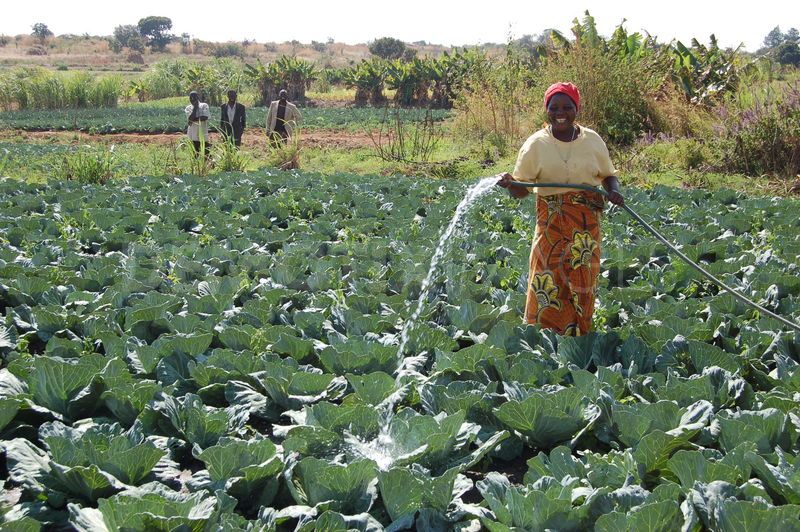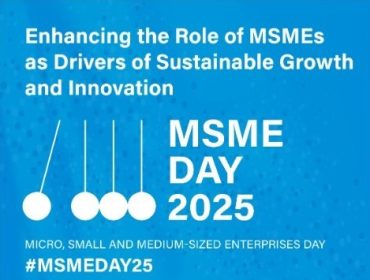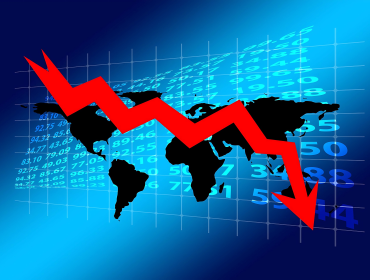
SMEs big boost to farmers across Africa, report says
September 12th, 2019 – SMEs big boost to farmers across Africa, report says. Some 64 per cent of food consumed across the continent is controlled by small and medium-sized enterprises (SMEs), a new report shows. This has, therefore, helped create vast opportunities for smallholder farmers.
This has, therefore, helped create vast opportunities for smallholder farmers.
The Alliance for a Green Revolution in Africa’s (Agra) 2019 Africa Agricultural Status Report (AASR) indicates that the SMEs, which are often women-led, include food processors, wholesalers and retailers, and provide a range of services, from transport and logistics to the sale of inputs such as fertiliser, farm machinery, pesticides and seeds to farmers.
Their activities are driving a “quiet revolution” across the continent’s agriculture, connecting smallholder farmers to markets.
The report notes that only about 20 per cent of the food consumed in Africa fits the notion of subsistence agriculture where food is consumed directly by farming households growing it.
The better part of what the continent eats flows through private sector value chains managed by SMEs, which purchase commodities directly from smallholder farmers, process, package, transport and sell the food products to consumers.
More…https://www.nation.co.ke/business/seedsofgold/SMEs-big-boost-to-farmers-across-Africa/2301238-5270478-4wejgs/index.html
Written by Daily Nation
Related Post
MSMEs Day 2025: Enhancing the role...
MSME Day 2025 comes at a pivotal moment—just ahead of the Fourth International Conference on Financing for Development (FfD4) in Sevilla...
SME Performance Review: the Annual Report...
Despite ongoing economic headwinds and geopolitical uncertainties, Europe’s 26.1 million SMEs continue to demonstrate remarkable resilienc...
How small businesses can navigate global...
Micro, small, and medium-sized enterprises represent the vast majority of businesses worldwide and are vital to global employment, yet they ...




